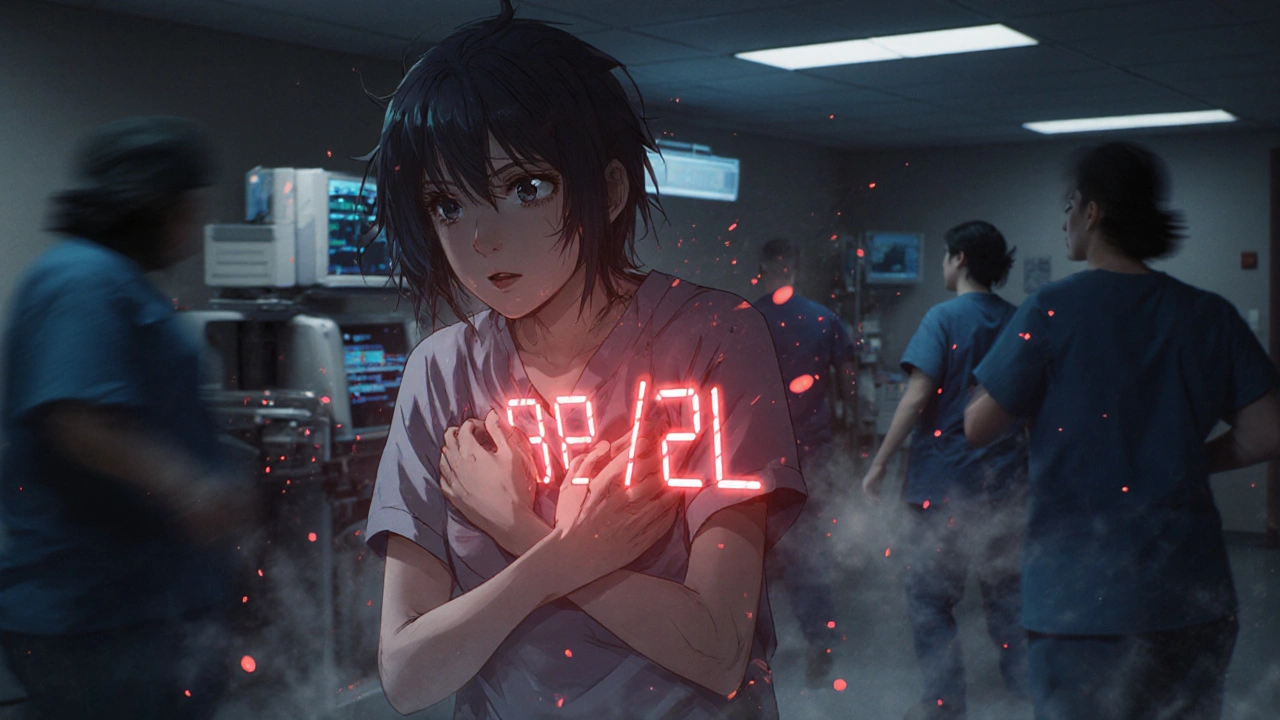

When a drug causes your body to stop making enough white blood cells, you could be facing medication-induced agranulocytosis, a sudden and dangerous drop in neutrophils, a type of white blood cell that fights infection. Also known as drug-induced neutropenia, this condition doesn’t happen often—but when it does, it can turn a routine medication into a life-threatening situation. Your immune system relies on these cells to guard against bacteria and fungi. Without them, even a minor cut or sore throat can spiral into a severe infection.
This isn’t just about chemotherapy. While cancer drugs are a known risk, other common medications can trigger it too—like the antithyroid drug methimazole, the antipsychotic clozapine, and even some antibiotics like penicillin or sulfonamides. People taking clozapine for schizophrenia are monitored closely because this drug carries one of the highest risks. But it’s not always obvious. Some cases show up weeks or months after starting a new pill, and symptoms often feel like the flu: fever, sore throat, chills, or mouth ulcers. If you’re on any of these drugs and suddenly feel unwell, don’t wait. A simple blood test can catch this early.
Agranulocytosis, the underlying condition where neutrophil counts fall below 100 cells per microliter is rare, but it’s serious enough that doctors test blood counts regularly for high-risk patients. Neutropenia, a broader term for low neutrophil levels can be mild and temporary, but when it becomes severe and drug-related, it’s a medical red flag. The body can recover once the drug is stopped—but only if caught in time. That’s why awareness matters more than fear.
Some people are genetically more vulnerable. Certain gene variations affect how the body breaks down drugs, making some more likely to develop this reaction. It’s not something you can predict without testing, but knowing your history and your meds helps. If you’ve had a similar reaction before, tell every doctor you see. And if you’re prescribed a new drug that’s linked to this risk, ask: "Should I get a baseline blood test?" It’s a quick step that could save your life.
The posts below cover real cases and practical advice from people who’ve dealt with this. You’ll find details on which medications are most likely to cause it, what symptoms to never ignore, how doctors monitor for it, and what recovery looks like. Whether you’re on a long-term treatment or just started a new drug, this isn’t just information—it’s a safety net.

Medication-induced agranulocytosis is a dangerous drop in white blood cells that can lead to life-threatening infections. Learn which drugs cause it, how to spot early signs, and why timely monitoring saves lives.